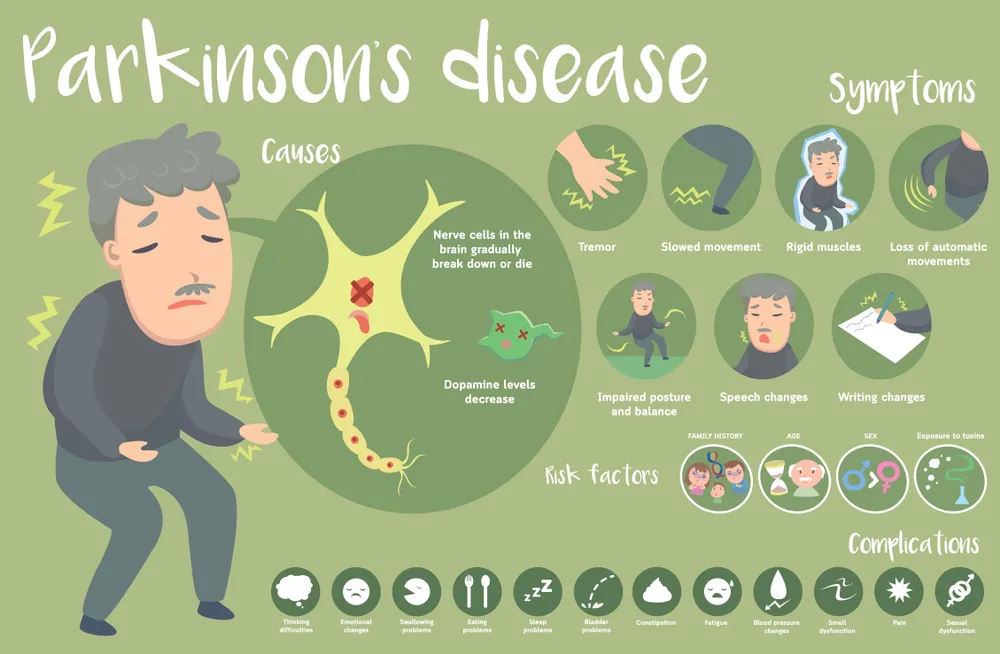
How does Marijuana help Severe and Persistent Muscle Spasms
Severe and persistent muscle spasms are a common condition that can be debilitating. Many people with this condition have found relief by using marijuana for its therapeutic benefits. Let’s take a closer look at how marijuana interacts with the human body when severe and persistent muscle spasms are present.
How do muscle spasms interact the nervous system?
Muscle spasms are caused by an overactive nervous system. This can be due to a variety of factors, including injuries, illnesses, or debilitating conditions. When the nervous system is overactive, it can cause the muscles to contract excessively, leading to pain and cramping.
There two main types of muscle spasms: dystonic and dyskinetic spasms.
Dystonic spasms are sustained involuntary muscle contractions that can slow movements and abnormal postures.
Dyskinetic spasms are erratic uncontrolled motions like rapid jerking or extended muscle spasms occurring in the arms, legs, and face.
Both types of spasms can be painful and disruptive.
What is spasticity?
Spasticity is when there is an abnormal increase in muscle tone or muscle stiffness which might prohibit certain movement or uncontrollable spasms resulting in pain and discomfort. When nerve pathways that control muscle movement in the brain or spinal cord get damaged it results in spasticity. Multiple sclerosis (MS) occurs when myelin, the protective covering in the central nervous system (CNS) gets inflamed and disrupts the manner in which nerve impulses flow. That’s when messages from the brain and spinal cord are interrupted from reaching their destination.
Spasticity is a symptom of multiple sclerosis (MS). A small study of people with MS were treated with CBD and they experienced a significant reduction in muscle spasms compared to those who were not treated with CBD. Cannabinoids work together synergistically to cause what is called the “entourage effect”. THC is a psychoactive compound found in the marijuana plant that produces a “high” or euphoric feeling and offers extremely effective therapeutic effects.
How does marijuana interact with severe and persistent muscle spasms?
Marijuana as a medicine works with severe and persistent muscle spasms by calming the nervous system. There is evidence to suggest that tetrahydrocannabinol (THC), the primary psychoactive compound found in the marijuana plant interacts with the endocannabinoid system (ECS).
Marijuana works by reducing inflammation and pain signals in the nervous system. In addition, THC has been shown to have antispasmodic effects on smooth muscle tissue. This means that it helps to relax involuntary muscles found throughout the human body, therefore, marijuana derivatives like the cannabinoid CBD are used to help to relieve the symptoms associated with severe and persistent muscle spasms. Cannabis helps with numerous medical conditions cause frequent symptoms of spasticity that occur from condtions like multiple sclerosis (MS), Parkinson’s disease (PD), and Lupus.

Cannabidiol or CBD is a cannabinoid found in both marijuana and hemp plants. It has been shown to be effective in treating a variety of chronic conditions, including muscle spasms. CBD works by interacting with the body’s endocannabinoid system (ECS), which helps to regulate many different bodily functions, including sleep, appetite, and pain. Severe and Persistent Muscle spasms are a qualifying medical condition that is approved for a medical marijuana card in Michigan.
CBD and THC are thought to be most effective when taken together. THC binds to cannabinoid CB1 and CB2 receptors in the brain and nervous system to help relieve pain and inflammation. THC has also been shown to help reduce the frequency and severity of muscle spasms. CBD is popular for its inflammatory and neuroprotective properties that may help people manage and relieve symptoms resulting from Parkinson’s disease.
While more research is needed on the efficacy of CBD for treating severe and persistent muscle spasms, many people have found relief from this debilitating condition by using marijuana. If you are considering using marijuana for your severe and persistent muscle spasms, be sure to talk to a marijuana doctor first. The latest research suggests that cannabinoids such as CBD hold a promising future.
How does marijuana help relieve muscle spasms?
When THC binds to the cannabinoid receptors, it alters their function and can result in a variety of effects, including relief from pain, spasms, and inflammation.

Athletes and Severe and persistent muscle spasms
Athletes who exert themselves and do strenuous physical activities may experience severe and persistent muscle spasms. Spasms resulting from sports or strenuous physical activity usually occur in large muscles.
If you are an athlete, you will also want to learn about Michigan medical marijuana card benefits and potential contraindications so that you can make an informed decision about whether or not cannabis may be a good option for you.


Marijuana helps symptoms arising from Parkinson's disease
Parkinson’s disease is known to cause severe and persistent muscle spasms. You may be considering medical marijuana (MMJ) to help ease symptoms for yourself or a loved one.
Most people with Parkinson’s find traditional treatments, such as medications, physical therapy, and deep brain stimulation helpful in managing their muscle spasms however, these treatments don’t work for everyone. Some people find that MMJ is a more effective treatment for symptoms arising from Parkinson’s.
Keep in mind there is no cure yet for Parkinson’s however, some patients find that MMJ helps reduce severe and persistent muscle spasms that result from the disease.

MMJ and Parkinson’s disease.
If you or a loved one has Parkinson’s disease and are considering MMJ to help ease symptoms, it’s important to understand how marijuana works to prevent or reduce severe and persistent muscle spasms.
The active ingredients in marijuana, THC, and CBD, bind to cannabinoid receptors in the brain and nervous system to help relieve pain and inflammation. THC also has been shown to help reduce the frequency and severity of muscle spasms while CBD has neuroprotective properties that may help relieve symptoms of Parkinson’s disease. Talk to a marijuana doctor about whether medical marijuana treatment may be right for you.

Ongoing research is needed is to fully understand the medicinal effects of THC , CBD and other major cannabinoids on severe and persistent muscle spasms. The preliminary evidence suggests that it offers relief from symptoms. If you are considering medical marijuana as a treatment option for your severe and persistent muscle spasms, be sure to discuss it with an experienced and qualified marijuana doctor to see if it is a viable option for you. Most Parkinson’s patients have a difficult time traveling and should consider a caregiver.

